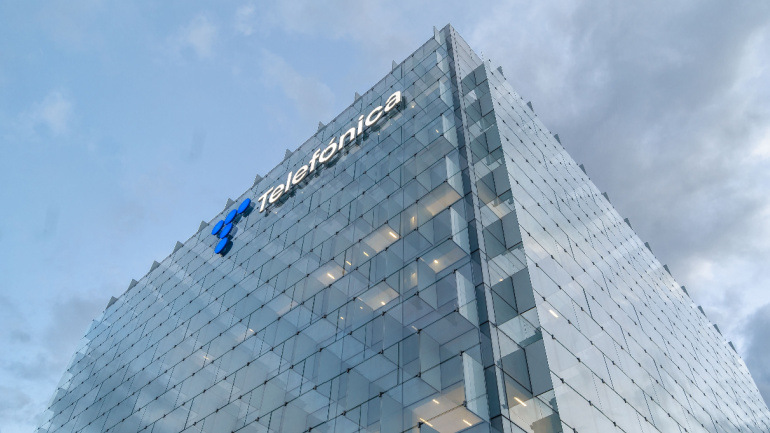BT, in collaboration with NHS and Soprano, is experimenting with ‘Patient Concierge’, an AI-aided patient messaging system aimed at enhancing communication and reducing appointment conflicts. With a strong UK government backing and promising outlook from NHS staff, AI integration is on the rise for optimizing healthcare.
TELUS International and Five9 launch an advanced AI-powered Contact Center as a Service platform. Phonism integrates with Cisco’s Webex, providing cost-effective device management and streamlining collaboration. Viking Electronics endorses Ooma AirDial as a reliable POTS replacement, emphasizing wireless turnkey solutions. Cresta unveils AI enhancements for contact centers, driven by Large Language Models, promising unprecedented performance and productivity.
As 5G Fixed Wireless Access (FWA) evolves with its next phase, 5G Advanced, worldwide research indicates growth and potential for higher speeds and reduced latency. The Middle East currently showcases impressive progress with over 1.6 million 5G FWA users. Yet, debates exist over its future, exploring whether 5G FWA will remain an affordable alternative to fixed broadband or tap into its speed for new applications. Moreover, cost is a concern for Customer Premises Equipment (CPE) devices, considered a current hurdle in advancing 5G FWA.
Telefonica embarks on a bold plan to revitalize its cash flow and revenues. In a strategy termed ‘GPS’, it plans to amplify free cash flow generation, while also targeting significant growth in various sectors like retail and digital services. Interestingly, the plan marries stringent financial targets with the crucial aspect of digital transformation – an ambitious endeavor that could redefine the company’s standing moving forward.
Samsung enters the mobile AI game with Galaxy AI, its latest invention aimed to revolutionize smartphone experiences. Powered by Samsung-developed on-device AI and a cloud-based system, it incorporates remarkable features like real-time audio and text translation during phone calls. Alongside this, Samsung excites with Samsung Gauss, dedicated to streamlining diverse tasks from coding assistance to content translation – a move promising profound impacts on our technology interactions.
Almost half of Britain’s deprived rural areas lack access to 5G, according to a study by Vodafone. Urban communities fare better, but the digital divide remains significant. While this disparity supports Vodafone’s push for a merger with Three to improve coverage, government approval is still pending. Is this research merely a tactic to justify the merger, or does it genuinely highlight the urgent need for connectivity solutions in these regions?
In a push for universal cybersecurity standards, the EU faces backlash from global telecommunications titans like Ericsson and Nokia, who warn of supply chain disruptions akin to those experienced during COVID-19. Striking a balance between stringent security measures and smooth product availability is crucial, prompting these industry leaders to suggest increased self-assessment and more lenient implementation timeframes. However, the underpinning question remains – who should ensure industry compliance, the vendors or third parties? Amidst the surge in cybercrime, a secure, streamlined approach is paramount.
The ambitious nexfibre roll-out strategy continues with plans to extend their services using the advanced XGS-PON architecture, promising symmetrical speeds up to 10 Gbps. This includes expansion into locations like Kent, Cheshire, and Durham. With fruitful collaboration with Virgin Media O2, nexfibre is set to revolutionize broadband access in the UK.
DIDWW, a global telecoms provider specializing in top-quality VoIP communication and SIP trunking solutions for businesses and telecom carriers, has announced the coverage expansion of its emergency calling services. With the inclusion of Chile, Estonia, and the UK, the DIDWW SIP service now offers emergency calling capabilities in 29 countries, spanning regions across Europe, Oceania, and the Americas.
Telefónica, a Spanish operator group, is set to acquire the remaining shares of Telefónica Deutschland, taking a decisive leap in consolidating their place in the European telecom sector. This bid, however, isn’t without its potential hurdles. For stakeholders to see potential, they need to be convinced the company’s predicted growth won’t overshadow the offered price. Meanwhile, a surprising twist comes into play as Saudi operator group, STC, expresses its interest to buy a stake in Telefónica, triggering a wave of political interest in Spain.













